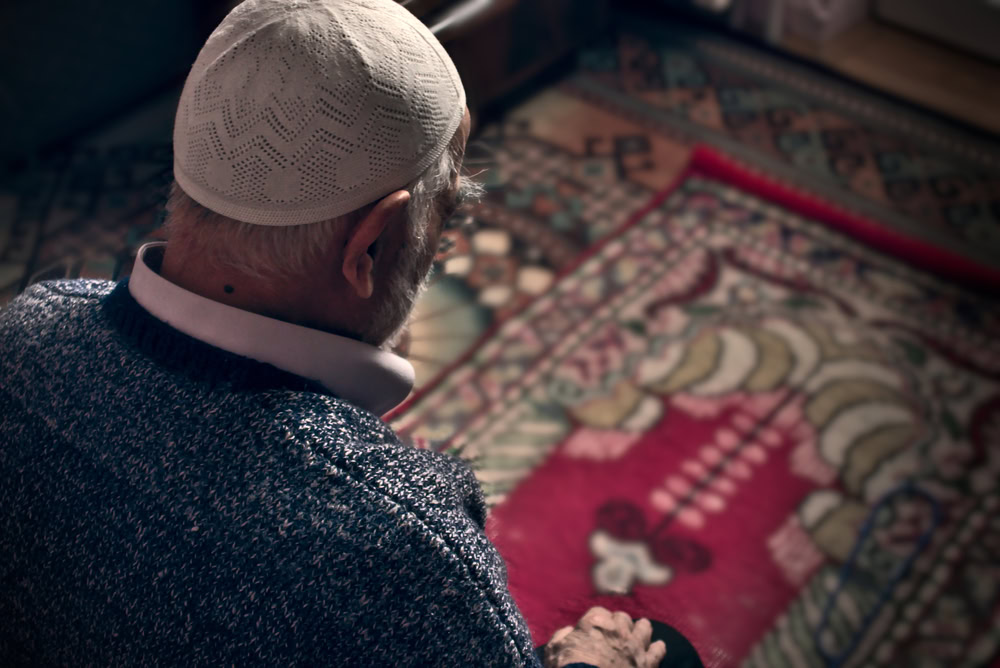Is It Permissible to Pause After the First Two Units of Duha Prayer to Supplicate?
Hanafi Fiqh
Answered by Shaykh Yusuf Weltch
Question
Is it permissible to pause after the first two rak‘as of the Duha prayer to make dua, such as the istikhara supplication, before continuing with the next two rak‘as? I often combine Duha with salat al-istikhara for two different matters. Is this practice valid?
Answer
In the Name of Allah, the Most Merciful and Compassionate
If you mean by ‘pause’ that – after exiting the prayer at the completion of the 2 units of Duha prayer, you supplicate – the prayer is valid, and this is permissible to do. [Maydani, al-Lubab fi Sharh al-Kitab]
If you mean by ‘pause’ that – prior to exiting the 2 units of Duha prayer, you supplicate (whilst still engaged in the prayer) – the prayer may be negatively affected by this supplication, depending on where in the prayer it is done.
If you supplicate just before the saying of al-Salam alaykum wa rahmatullah, this is permissible, and the prayer is valid as this is the place for supplication anyway. [Ibid.]
If you supplicate during the prostration, the prayer is also valid. [Ibid.]
However, if your supplication occurs in a portion of the prayer that would necessitate delaying the next integral (such as supplicating during the standing, this necessitates a prostration of forgetfulness. [Ibid.]
Hope this helps
Allah knows best
[Shaykh] Yusuf Weltch
Checked and Approved by Shaykh Faraz Rabbani
Shaykh Yusuf Weltch teaches Arabic, Islamic law, and spirituality. After accepting Islam in 2008, he completed four years at the Darul Uloom Seminary in New York, where he studied Arabic and the traditional sciences.
He then traveled to Tarim, Yemen, where he studied for three years in Dar al-Mustafa under some of the most outstanding scholars of our time, including Habib Umar Bin Hafiz, Habib Kadhim al-Saqqaf, and Shaykh Umar al-Khatib.
In Tarim, Shaykh Yusuf completed the memorization of the Quran and studied beliefs, legal methodology, hadith methodology, Quranic exegesis, Islamic history, and several texts on spirituality. He joined the SeekersGuidance faculty in the summer of 2019.
